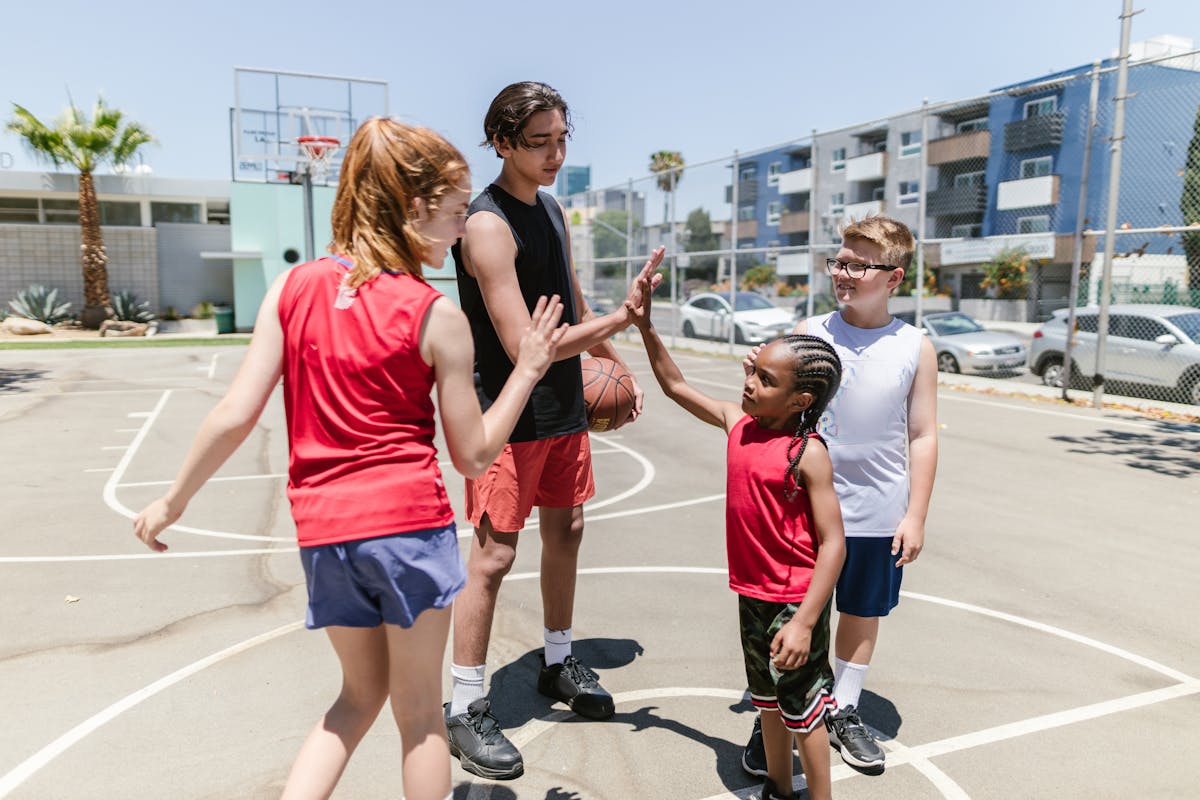Raising a child who knows how to work well with others is one of the most valuable lessons you can give them. Whether it’s on the playground, in the classroom, or later in their professional life, being a team player helps children build stronger relationships, grow in confidence, and succeed in collaborative environments. Here are some practical ways to encourage teamwork in your child inspired by the practices of this Oxford independent school.
Model Teamwork at Home
Children learn best by watching the adults around them. If they see you cooperating with others—whether that’s splitting household chores fairly, supporting a friend, or working with colleagues—they’ll start to understand what teamwork looks like. Show them that listening, sharing responsibilities, and celebrating successes together are all part of being in a team.
Encourage Cooperative Play
Play is a child’s first introduction to teamwork. Activities like board games, building a fort, or putting on a play with siblings or friends naturally require turn-taking, sharing, and communication. These situations give children the chance to practice working towards a common goal while understanding that everyone has a role to play.
Teach Empathy and Respect
A good team player recognises the feelings and needs of others. Teaching empathy—through asking your child how they think someone else might feel or encouraging them to consider different perspectives—can help them develop respect for their teammates. Remind them that every person brings something unique to a group, and that differences should be valued, not dismissed.
Praise Effort, Not Just Results
Children often focus on winning, but teamwork is just as much about the process as it is about the outcome. When your child participates in a group activity, highlight the effort they put into cooperating, supporting others, or showing patience, rather than just the end result. This reinforces the idea that contributing to the team is just as important as personal success.
Set Group Goals
At home, you can create simple group challenges to encourage teamwork. For example, working together to tidy the living room in 10 minutes or cooking dinner as a family can foster a sense of shared responsibility. These activities help children see the satisfaction of reaching a goal as part of a team rather than as individuals.
Teach Problem-Solving Together
Conflicts are inevitable when people work together. Instead of stepping in to solve every disagreement, guide your child through problem-solving as a group. Encourage them to listen to different points of view, suggest compromises, and find solutions everyone can agree on. This equips them with skills they’ll use throughout their lives in school, sports, and work.
Celebrate Team Success
When a group achieves something, make sure to acknowledge the team effort rather than singling out just one person. Whether it’s a family game night victory, a school project, or a football match, highlighting the collective achievement helps children feel pride in working together and motivates them to continue being part of a team.
Raising a team player is about more than preparing your child for sports or school projects. It’s about equipping them with skills for life—listening, empathy, problem-solving, and cooperation. By modelling teamwork, encouraging collaborative play, and celebrating shared success, you’re helping your child grow into someone who thrives in group settings and values the strength of working together.


How to Support a Relative Through Fertility Issues
When a loved one is facing fertility challenges, it can be difficult to know how to help. Fertility struggles are often deeply personal and emotional, and while you can’t take away the difficulty, you can make a big difference by offering thoughtful support. Here are some ways to be there for your relative. Listen Without […]